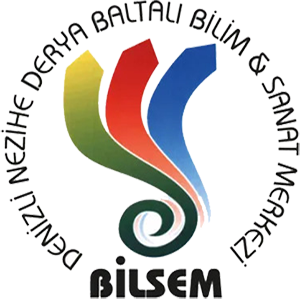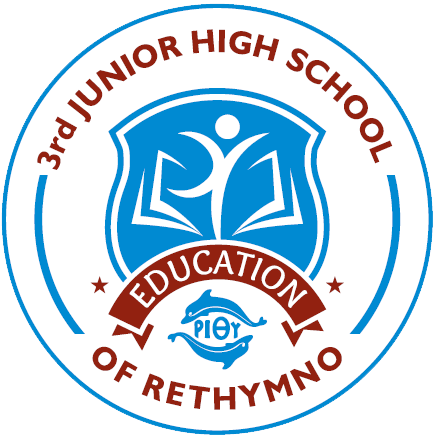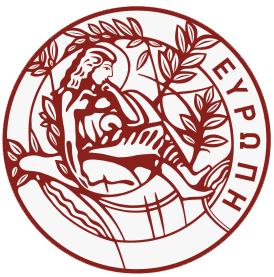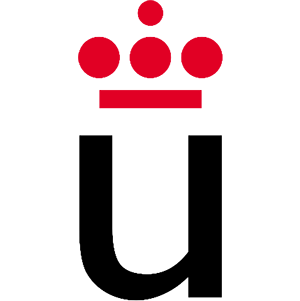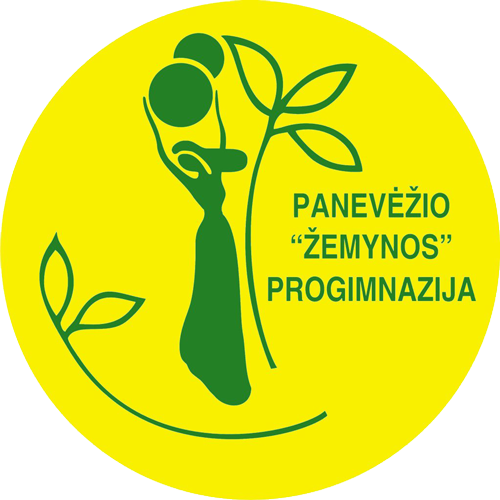
"INNOVATIVE SCHOOLS: TEACHING & LEARNING IN DIGITAL STEM LABS"
2020-1-TR01-KA226-SCH-097611

Following the delivery of the Curriculum Framework “DIGITAL STEM LABS”, (intellectual output O2), the project partners commenced with the development of a comprehensive methodological guide/teachers tool-kit for online teaching of STEM contents under the secondary school curriculum.
The methodological guidelines/tool-kit demonstrates core quality factors required for successful implementation of relevant teaching and learning. A provisional content of the methodological guidelines/tool-kit is as follows:
• Mainstreaming the Curriculum Framework “DIGITAL STEM LABS” into the secondary school curriculum;
• didactical concepts for online teaching of STEM contents at the upper-secondary school level, with specific concept/theoretical approaches;
• The most relevant methodological and organisational aids for the realisation and teaching of STEM contents and good-quality learning arrangements;
• An overview of the exemplary/advanced level teaching lessons and assessment tools for each of the modules defined by the Curriculum Framework “DIGITAL STEM LABS”;
• Measures for ensuring supportive school environment for the deployment of the crosscurricular/ interdisciplinary approach in teaching of STEM educational contents;
• Examples of concrete exercises for secondary school students - individual tasks as well as group work /problem-based learning/peer-learning applicable in the context of STEM education investigation;
• An overview of the relevant methodology for the evaluation of the secondary school students competencies / Relevant examples of secondary student assessment;
• Other optional elements that motivate secondary school teachers to implement learner-centred, flexible and innovative approaches to teaching and learning the context of STEM skills;
